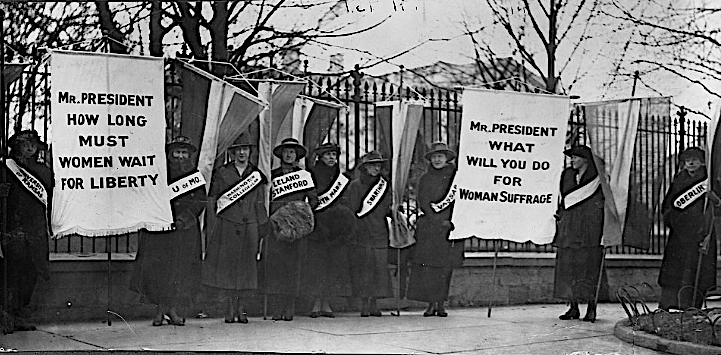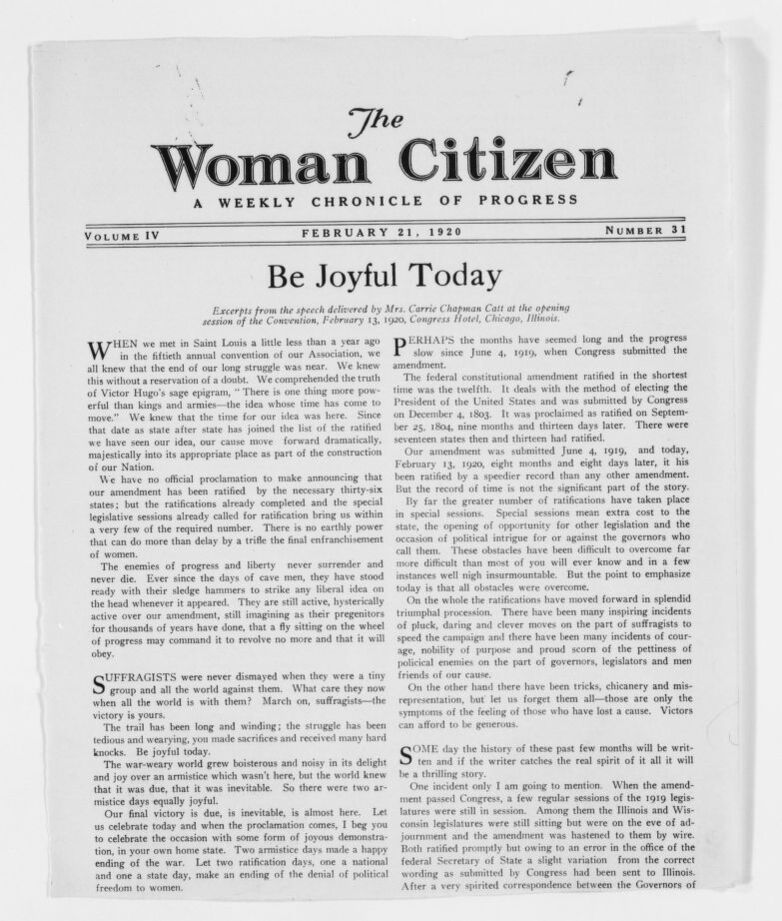An old friend once wrote a line I’ll never forget: “There are two kinds of people in the world, then there are infinitely many more.” It always comes to mind when I confront binary generalizations that I’m told define two equally opposing positions, but rarely capture, with any accuracy, the complexity and contrariness of human beings—even when said humans live inside the same country.
Voting patterns, social media bubbles, and major network infotainment can make it seem like the U.S. is split in two, but it is split into, if not an infinity, then a plurality of disparate ideological dispositions. But let’s say, for the sake of argument, that there are two kinds of people. Let’s say the U.S. divides neatly into “liberals” and “conservatives.” What makes the difference between them? Fiscal policy? Education? Views on “law and order,” social welfare, science, religion, public versus private good? Yes, but….
Best-selling NYU psychologist Jonathan Haidt has controversially claimed that morality—based in emotion—really drives the wedge between competing “tribes” engaged in pitched us-versus-them war. The real contest is gut-level, mostly centered on disgust these days, one of the most primitive of emotional responses (we learn in the hand-drawn animation of a Haidt lecture below). Haidt argues that our sense of us and them is rooted, irrevocably, in our earliest cognitions of physical space.
Haidt situates his analysis under the rubric of “moral foundations theory,” a school of thought “created by a group of social and cultural psychologists to understand why morality varies so much across cultures yet still shows so many similarities and recurrent themes.” Another moral foundations theorist, Peter Ditto, professor of Psychology and Social Behavior at the University of California, Irvine, uses his research to draw similar conclusions about “hyperpartisanship” in the U.S. According to Ditto, as he describes in the short video at the top, “morals influence if you’re liberal or conservative.”
How? Ditto identifies five broad, universal moral categories, or “pillars,” that predict political thought and behavior: harm reduction, fairness, loyalty, authority/tradition, and purity. These concerns receive different weighting between self-identified liberals and conservatives in surveys, with liberals valuing harm reduction and fairness highly and generally overlooking the other three, and conservatives giving equal weight to all five (on paper at least). Ditto does step outside the binary in the last half of the segment, noting that his studies turned up a significant number of people who identified as libertarians.
He takes a particular interest in this category. Libertarians, says Ditto, don’t rank any moral value highly, marking their worldview as “pragmatic” and strikingly amoral. They appear to be intensely self-focused and lacking in empathy. Other strains—from democratic socialism to anarchism to fascism—that define American politics today, go unmentioned, as if they didn’t exist, though they are arguably as influential as libertarianism in the strange flowerings of the American left and right, and inarguably as deserving of study.
The idea that one’s morals define one’s politics doesn’t seem particularly novel, but the research of psychologists like Haidt and Ditto offers new ways to think about morality in public life. It also raises pertinent questions about the gulf between what people claim to value and what they actually, consistently, support, and about how the evolution of moral sensibilities seems to sort people into groups that also share historical identities, zip codes, and economic interests. Nor can we cannot discount the active shaping of public opinion through extra-moral means. Finally, in a two-party system, the options are as few as they can be. Political allegiance can be as much convenience, or reaction, as conviction. We might be right to suspect that any seeming political—or moral—unity on one side or the other could be an effect of amplified oversimplification.
Related Content:
Do Ethicists Behave Any Better Than the Rest of Us?: Here’s What the Research Shows
Josh Jones is a writer and musician based in Durham, NC. Follow him at @jdmagness




